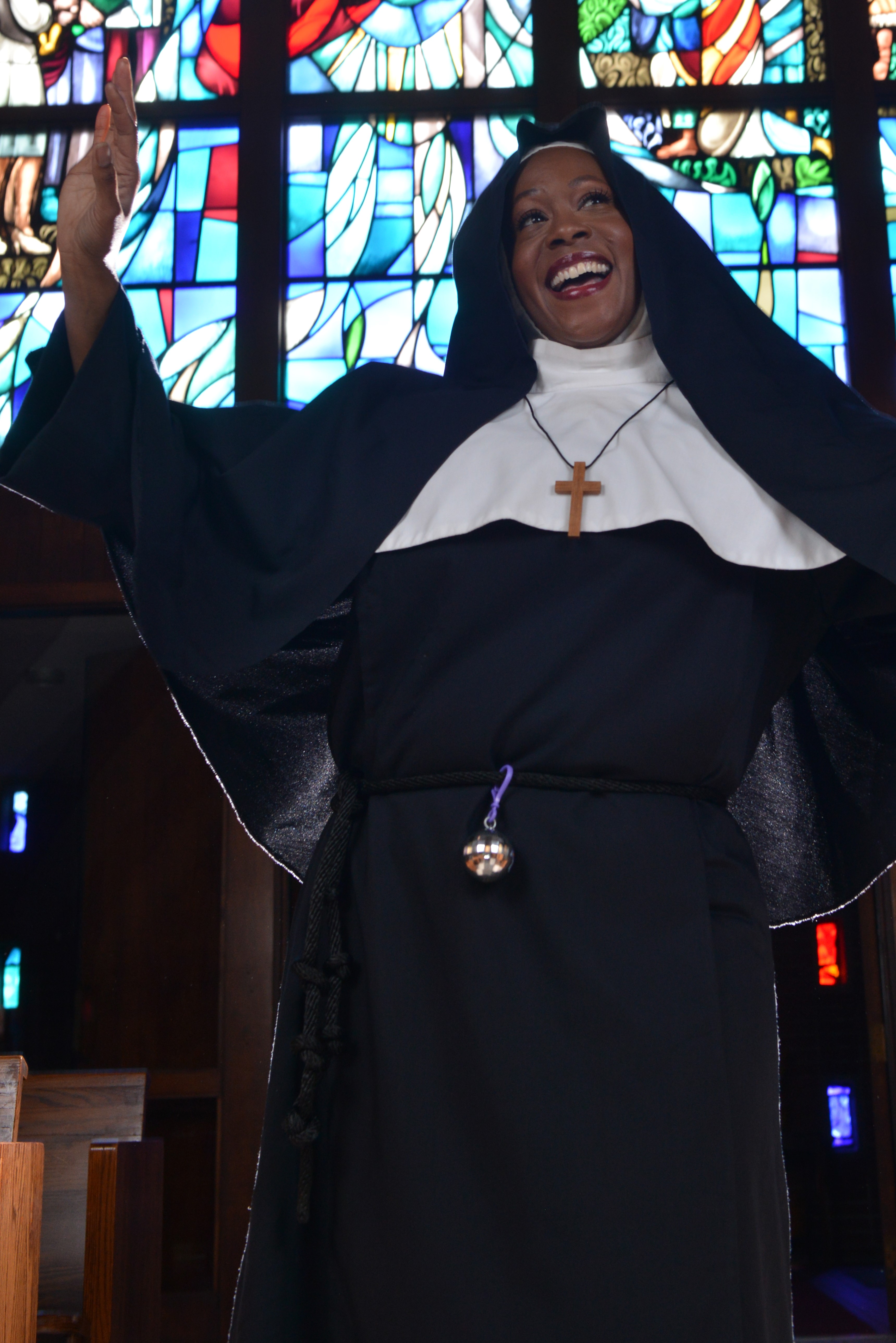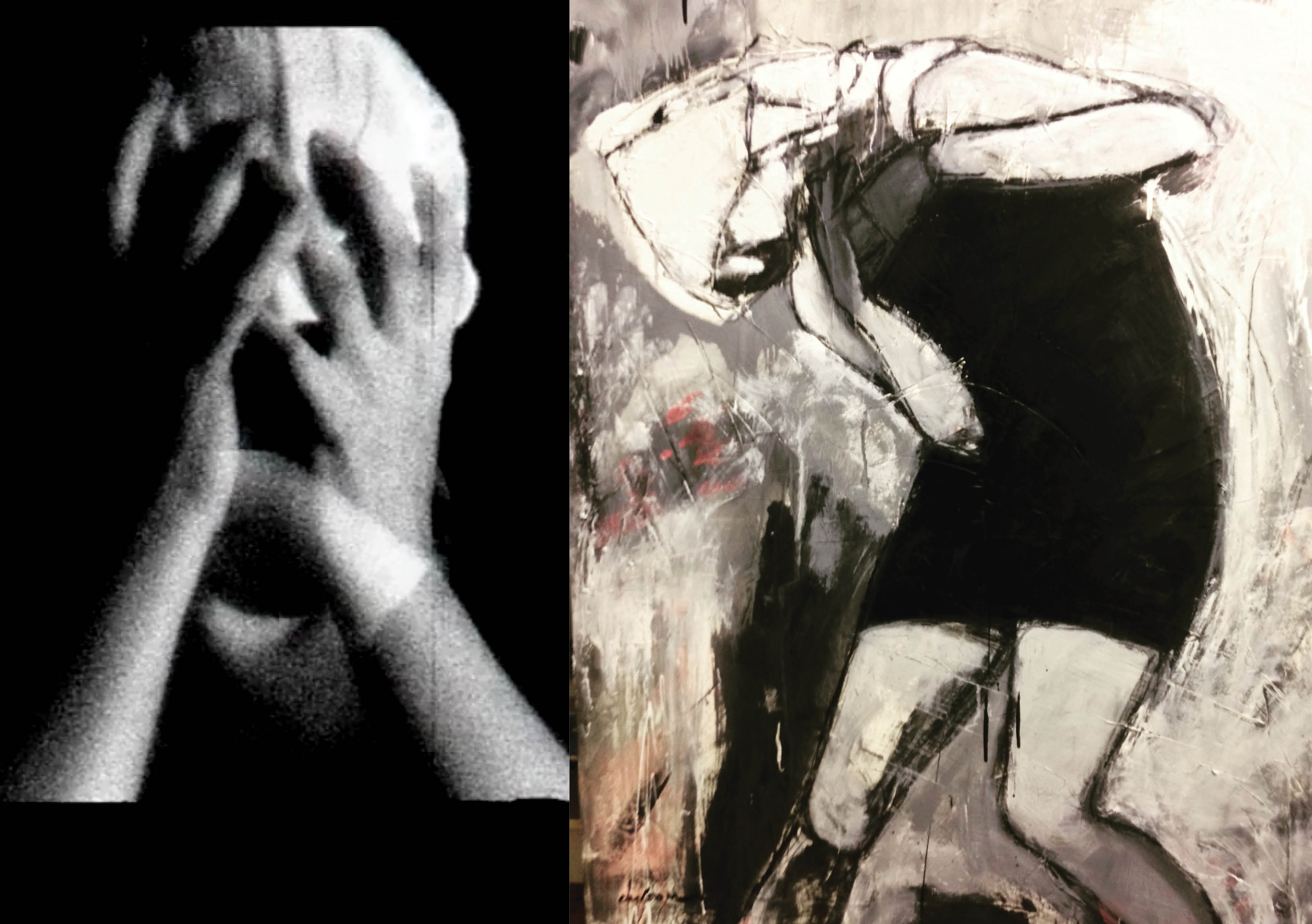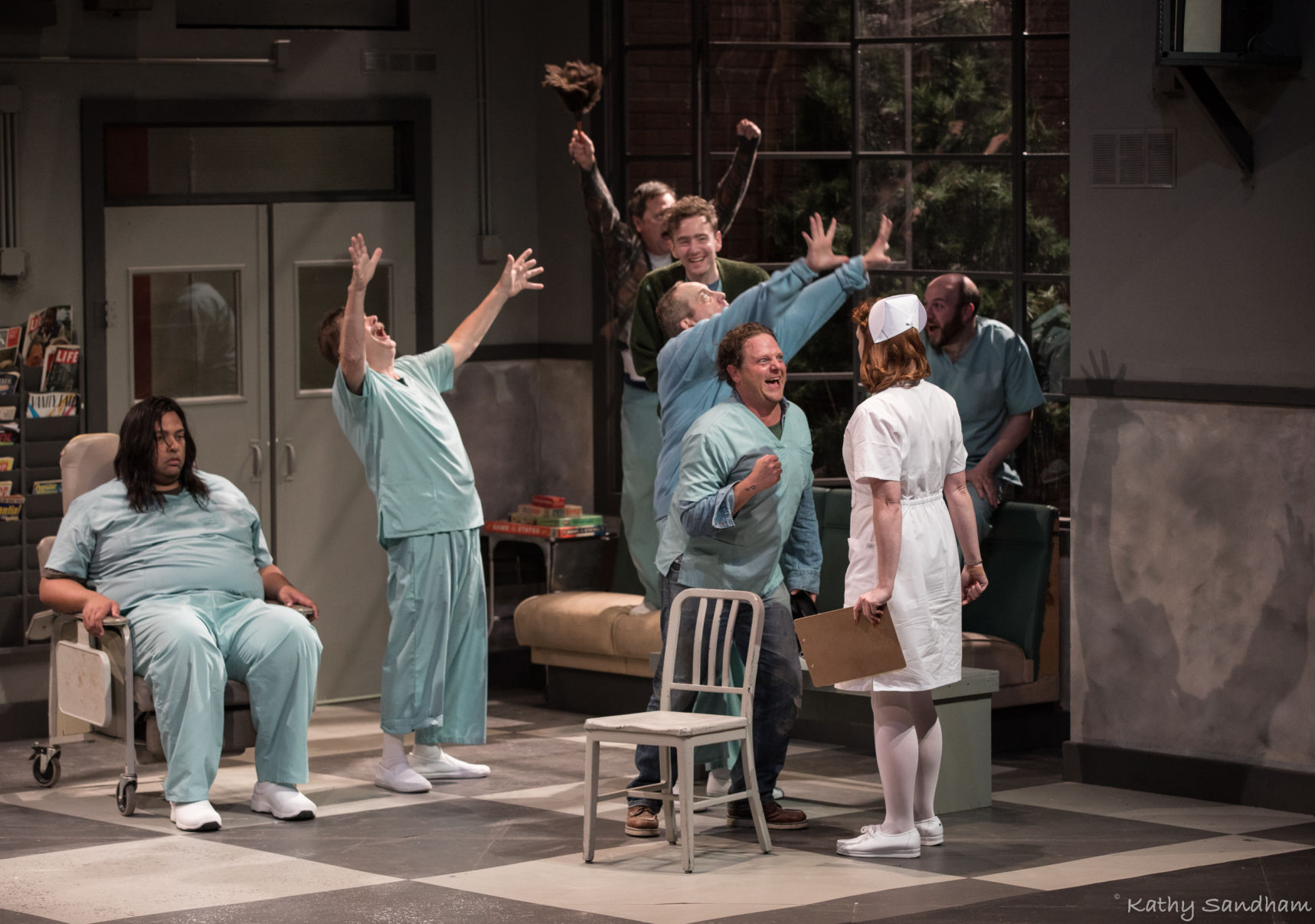‘Tradition’ continues, but this ‘Fiddler on the Roof’ falls flat
By Bob Abelman

Danny Burstein as Tevye PHOTO | Joan Marcus
NEW YORK — A new revival of “Fiddler on the Roof.” Sounds crazy, no?
On the one hand, the original Broadway production — which ran for a then-unprecedented 3,242 performances and earned nine Tony Awards — premiered 50 years ago.
Today, nations still turn their backs on their own people and set entire villages adrift. So this beloved musical about the dairyman Tevye, his family and the other Jews who populate and are then exiled from the underfed and overworked Russian shtetl of Anatevka still resonates.
On the other hand, this is the fifth Broadway revival of “Fiddler.” Does the world need another?
Just prior to taking on “Fiddler,” Tony Award-winning director Bartlett Sher, an up-and-coming freelancer in 1998 when he directed “Richard III” at Cleveland’s Great Lakes Theater Festival, spearheaded the Broadway revival of “The King and I,” which had been revived three other times since its 1951 premiere. In 2009, he directed the Broadway revival of “South Pacific,” which debuted in 1949.
The guy certainly knows how to make new productions of classic musicals distinctive.
But distinctive does not necessarily mean better, unfortunately the case in the revival of “Fiddler” that opened Dec. 20 at the Broadway Theatre.
The musical is based on stories written in Yiddish, in 1894, by Sholem Aleichem and is so brilliantly constructed that its core elements seem impervious to artistic tinkering by others. Joseph Stein’s clever script captures the essence of Aleichem’s tales and the show boasts a magnificent score by Jerry Bock (music) and Sheldon Harnick (lyrics).
The joyous freylach rhythms of “To Life” and the melancholic violin solo that is “Fiddler’s” recurring theme are the show’s unyielding creative and cultural cornerstones.
But Sher sacrifices some of the implicit Jewishness in the work in an effort to universalize its story about oppressed families forced from their homelands. He does this by doing away with old-world Eastern European accents, stylistically simplifying production values, and offering a more generic Tevye. It begins the moment the audience enters the theater and encounters its bare stage.
When the show opens, five-time Tony nominee Danny Burstein enters dressed in a contemporary red parka jacket, reading the play’s opening lines from a book of Aleichem’s stories. When he removes the jacket to reveal traditional, autumn-hued shtetlwear and puts on his iconic cap, Burstein becomes Tevye and is joined by the rest of Anatevka’s residents for a rousing performance of “Tradition.”
The show ends with Burstein wearing the same parka as he joins the progression of Tevye’s family, neighbors and friends, who have been forced out of Anatevka. His red jacket is the only splash of color and stands out like a beacon in the show’s final, frozen tableau.
This device is an attempt to dramatically connect our world and time with Tevye’s. But the meaning in a message as overtly theatrical and spoon-fed as this one is less poignant and affecting than one discovered on our own. And it is much harder to care about a symbolic, representative Tevye than, simply, the man.
Fortunately, Burstein is brilliant in all that he does as Tevye — particularly his endearing performance of “If I Were a Rich Man” — even though much of what he does is less interesting than it was in previous incarnations.
But Burstein serves up a Tevye who is human-sized, not the larger-than-life personality Zero Mostel established in the original production or Herschel Bernardi embraced in the 1981 revival. Other Tevyes of greater scope were Israeli actor Topol in the 1990 revival and the only non-Jewish Tevye, Alfred Molina, in the 2004 update. (The New York Times called the last one “Goyim on the Roof.”)
Instead of presenting a blend of shtetl nostalgia and old-world patriarchy, Burstein’s Tevye is an understated Everyman, not the outspoken voice of his village and, more importantly, his people.
Rather than passionately railing against the tidal wave of social and political change, Burstein’s Tevye rarely raises his voice at his disobedient children (the delightful Alexandra Silber as Tzeitel, Samantha Massell as Hodel, and Melanie Moore as Chava), their love interests (the very talented Adam Kantor as Motel, Ben Rappaport as Perchik, and Nick Rehberger as Fyedka), a confounding God, or this production’s even more intimidating force of nature: Tevye’s wife, Golda (Jessica Hecht).
So tepid is this Tevye that Golda’s condescension, which was playful and humorous in previous productions, becomes the real thing in this one. If not for their beguiling duet, “Do You Love Me,” the answer would be a resounding no.
Oddly, only Hecht’s Golda speaks with an accent, although she does so with an inexplicably Germanic inflection. The lack of old-world accents takes much of the stuffing out of the derma that is this production, which may well have been the intention.
But it tends to flatten such richly drawn and distinctively Jewish character roles as the matchmaker Yente (Alix Korey), the Rabbi (Jeffrey Schecter), Nachum the Beggar (Mitch Greenberg, who recently appeared in the Cleveland Play House production of “Yentl”) and Mordcha the Innkeeper (Michael C. Bernardi, who is the son of Herschel Bernardi and wears his dad’s Tevye boots in this production).
Tevye is further minimized during the gorgeous “Far From the Home I Love,” when Hodel sings to her father as they await the train that will take her away forever. Halfway through the heart-wrenching and beautifully delivered song, the actress leaves the bench she shares with Tevye and delivers the song at the edge of the stage, shifting the focus from Tevye’s reactions and, with it, the vicarious flood of emotion the audience would have otherwise experienced.
Michael Yeargan’s scenic design, too, scales down. Rather than immersing us in the world of Anatevka, we are offered representative pieces and parts, some layered and levitated as if in a Marc Chagall painting — which also inspired the original production design of “Fiddler.” The pieces are intriguing and effectively lit by Donald Holder but it is hard to care about a symbol. When the floating houses shrink as the show progresses, suggesting a distancing of Anatevkans from their homes, that also distances the audience from this production.
London-based, Israeli-born Hofesh Shechter’s choreography has the opposite effect. Though grounded in the original work of Jerome Robbins, particularly the Judaic foot stomping and arm swaying during “To Life” and the traditional wedding bottle dance, wildly fluid movement replaces much of Robbins’ more classic and formal dance steps. The innovative choreography, coupled with the glorious sound generated by a full orchestra under Ted Sperling’s direction, is absolutely riveting and the true star of this revival.
No creative work by or about Jews has won the hearts of Americans as thoroughly as “Fiddler.” But, as noted in Alisa Solomon’s recent book “Wonder of Wonders,” backers of the original musical worried it would be “too Jewish” for tourists. In response, the depiction of Eastern European Jews took on reassuring stereotypes that, according to the author, “preserved our heritage not so much in amber as in schmaltz.”
In this revival, Sher has eliminated some of the schmaltz. In doing so, he has removed some of the show’s heart as well. CV
On Stage
WHAT: “Fiddler on the Roof”
WHERE: The Broadway Theatre, 1681 Broadway, New York City
WHEN: Open-ended run
TICKETS & INFO: $89-$227. Call 800-276-2392 or visit boxoffice.broadway.com
Bob Abelman covers theater and cultural arts for the Cleveland Jewish News. Follow Bob at Facebook.com/BobAbelman.3.
Originally published in the Cleveland Jewish News in January 2016.
Lead photo: The villagers of Anatevka. PHOTO | Joan Marcus











